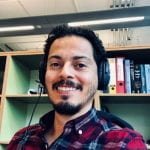We are actively recruiting healthy volunteers aged 16+ and patients with new phaeochromocytoma or paraganglioma.
If you are interested in participating in this health research please click on the research study links for more information
Healthy volunteer information: U-RHYTHM and catecholamines
Patient information: U-RHYTHM and catecholamines







